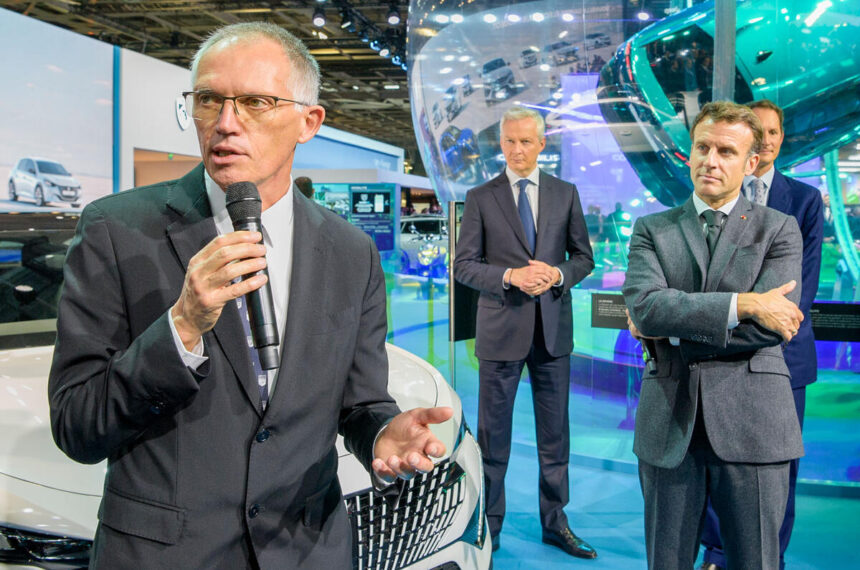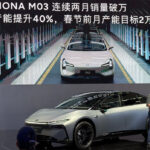Stellantis CEO Carlos Tavares recently shared his thoughts on the challenges facing European car makers in the ever-evolving automotive industry. With the recent news of Volkswagen Group’s decision to close factories in Germany due to slowing demand for electric vehicles and a spiraling cost base, Tavares emphasized the importance of working smarter rather than harder.
At the Paris motor show, Tavares criticized VW’s approach of developing dedicated architectures and models for electric vehicles alongside existing combustion-engine models, stating that it would put them “on their knees.” Instead, Stellantis has opted for ‘multi-energy’ architectures that can accommodate various powertrain options, allowing for scalability based on demand.
The industry trend of creating two identically styled models on different architectures, as seen with models like the new Mini Cooper and future VW and Mercedes-Benz models, poses challenges in terms of resource management and cost efficiency. Tavares highlighted the need for car makers to eliminate unnecessary bureaucracy and focus on value creation for customers.
In addressing Europe’s lack of cost competitiveness compared to China, Tavares pointed out that while the Chinese may enjoy cost advantages on components, European car makers can counter by working smarter and more efficiently. He emphasized the need to reduce overregulation and streamline processes to allocate resources more effectively.
Tavares’ insights shed light on the importance of adapting to changing market dynamics and optimizing operations to remain competitive in the global automotive industry. By prioritizing innovation, efficiency, and customer value, European car makers can navigate challenges and drive sustainable growth in a rapidly evolving landscape.







